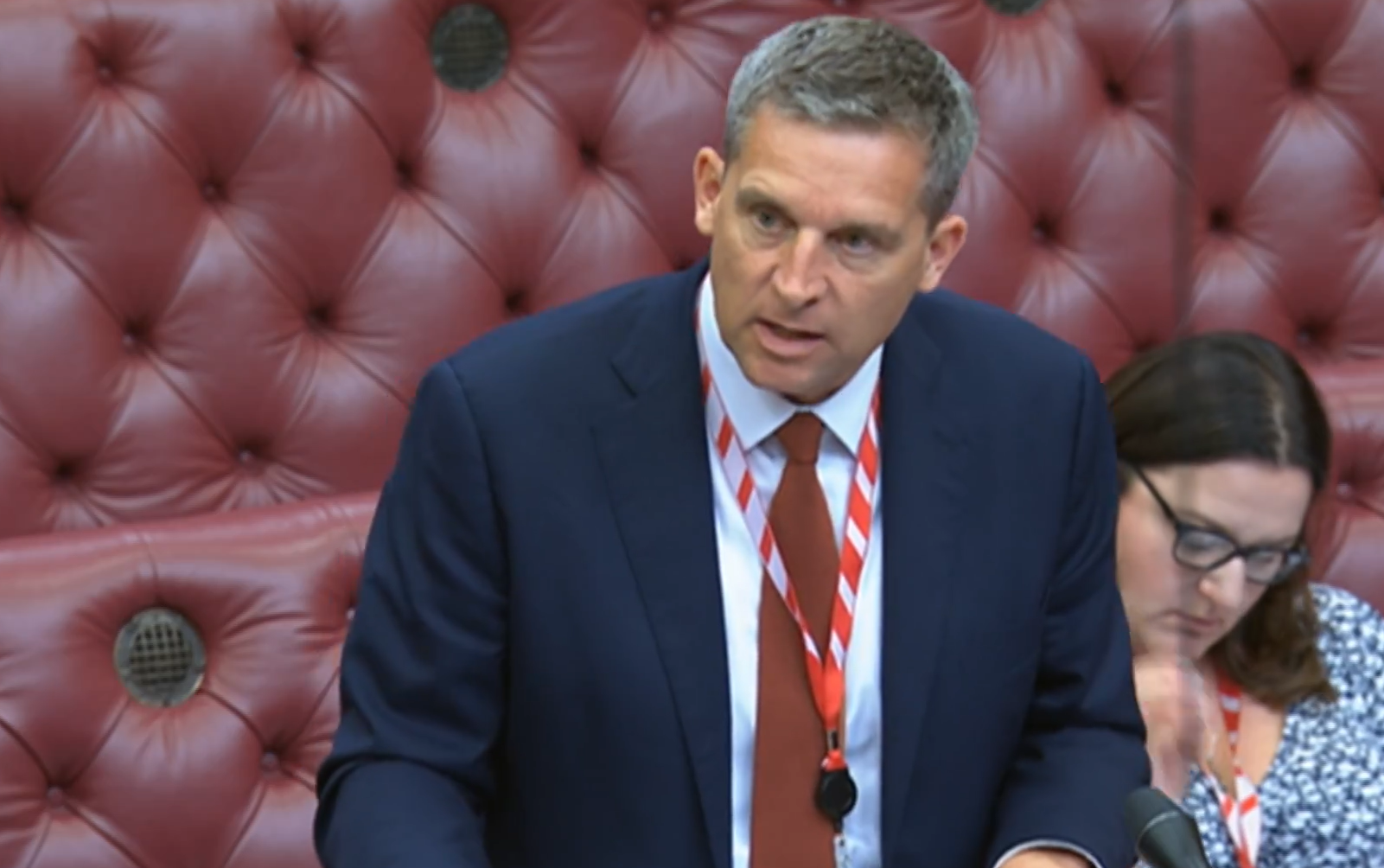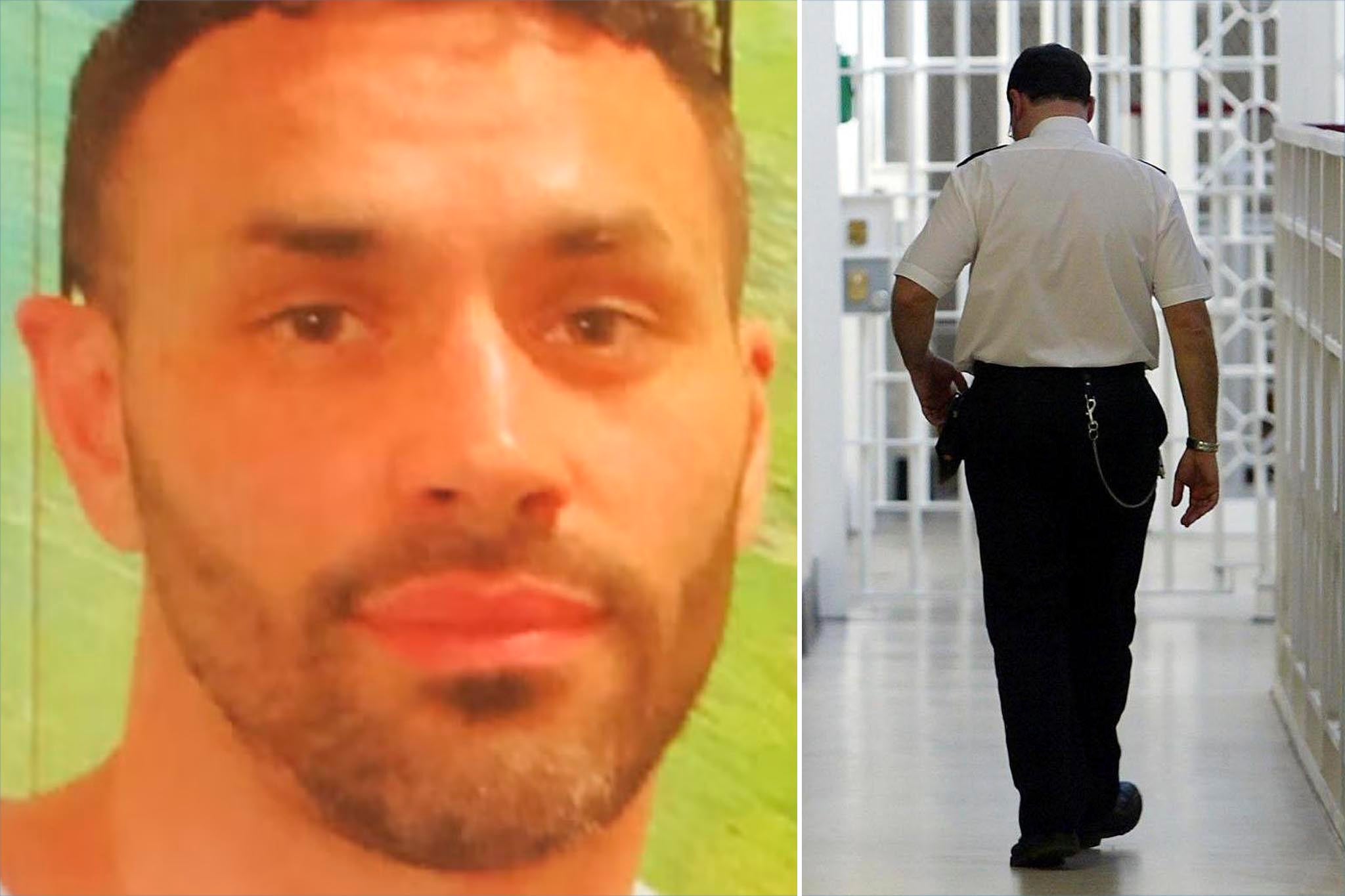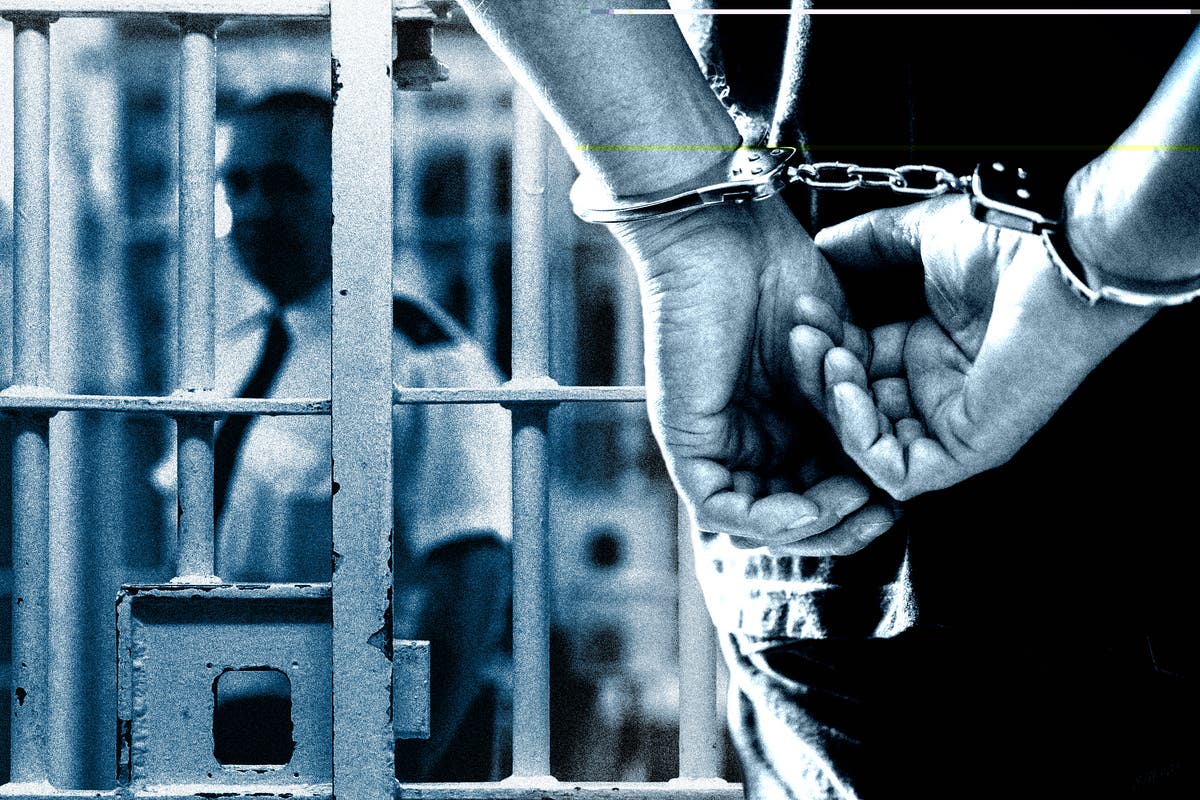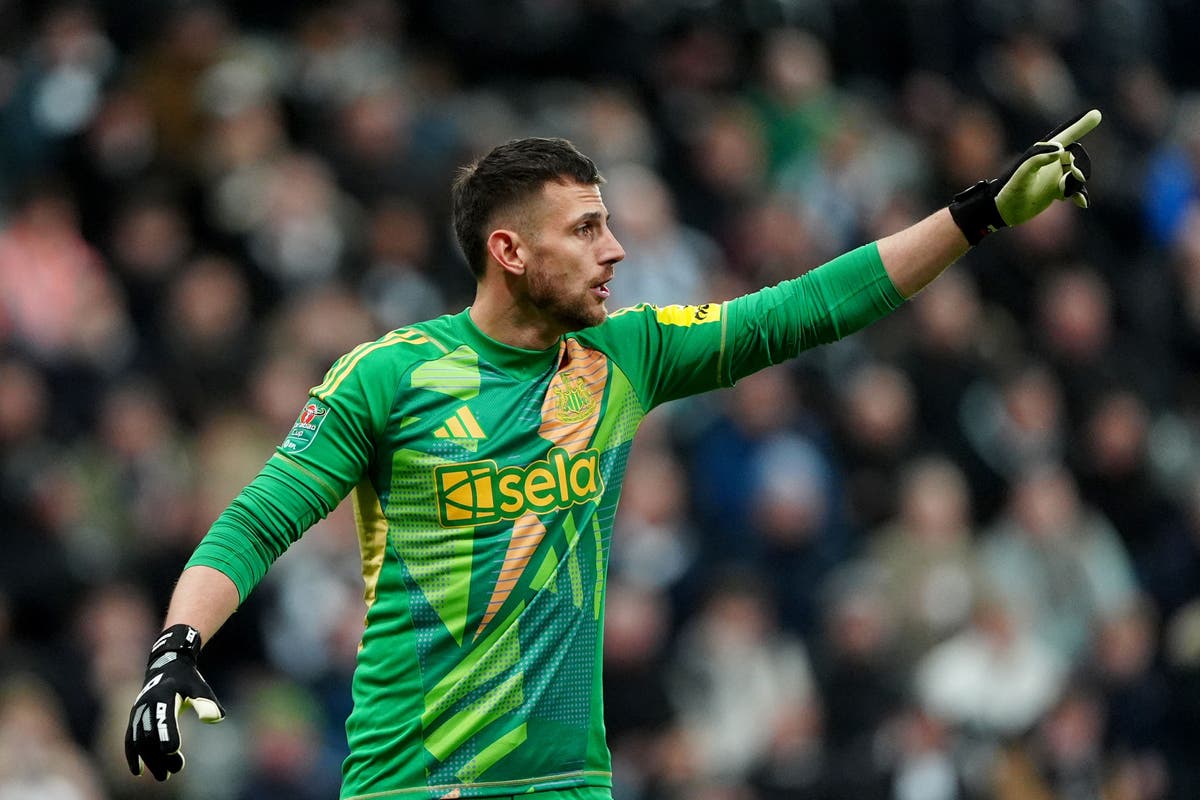The government has blocked 128 prisoners trapped under cruel indefinite jail terms from moving to open conditions in the past 12 months, The Independent can reveal.
Figures show the justice secretary has refused to allow scores of inmates serving abolished Imprisonment for Public Protection (IPP) jail terms to progress to an open prison despite the Parole Board recommending their transfer.
Politicians and campaigners have hit out at the “scandalous” number of prisoners being stopped from progressing to a lower category prison where they may be eligible for day release, warning it reinforces the sense that IPP is the sentence of “no hope”.
More than 2,600 are languishing under the “torture sentences” with no release date 12 years after the indefinite terms were abolished amid human rights concerns.
These include shocking injustices highlighted by The Independent such as James Lawrence, who is still in prison 18 years after he was handed an eight-month jail term; Thomas White, who set himself alight in his cell after serving 12 years for stealing a phone; and Abdullahi Suleman, who is still inside 19 years after he was jailed for a laptop robbery.
At least 90 IPP prisoners have taken their own lives as they lose hope of ever being freed.

The government has come under fire for refusing to resentence IPP inmates, with prisons minister James Timpson last month telling the House of Lords it was “right” that release decisions are made by the independent Parole Board.
Instead, he said IPP inmates must focus on progressing towards being approved for release by the Parole Board despite more than 700 having served at least 10 years longer than their minimum term.
However, in answer to a parliamentary question from Labour MP Kim Johnson, justice minister Sir Nicholas Dakin said that the secretary of state is free to accept or reject the Parole Board’s recommendations to move someone to an open prison.
And figures reveal that the government has refused to follow Parole Board recommendations to progress IPP prisoners in 61 per cent of cases in the past year.
In the first four months of 2024, under the previous Tory government, every single IPP prisoner recommended for progression was denied a move to open prison.
The numbers allowed to transfer have increased since the Labour government was elected in July, although 45 per cent were still blocked from transferring in the last six months of 2024.
The figures come as a former justice secretary called for thousands of prisoners to be moved to open prisons to tackle overcrowding and help prepare inmates for release,
David Gauke, who has been commissioned by the government to lead a review of sentencing policy, believes the move would save money and help reduce reoffending.

Urging ministers to look to Spain where one in four prisoners are allowed to leave prison walls during the day, he told The Times: “We don’t make as much use of open prisons as we might do.”
Lord Woodley, who has tabled a private member’s bill for IPP prisoners to be resentenced, said the figures of those blocked from moving to open prisons were “scandalous”.
“Without wishing to sound cynical, some might say the government seem happy to hide behind the Parole Board when it suits them, but to ignore their advice when it doesn’t,” he said.
Reformed IPP prisoner Marc Conway, who was one of the heroes of the Fishmongers’ Hall terror attack, said the shocking figures only serve to reinforce the feeling that IPP is the sentence of no hope.
“It is concerning that people have done everything that the Parole Board has asked and they have said they are in a good position to move to open conditions, then the government stepped in to override it,” he said.
“Rulings like this actually reinforce that IPP is the sentence of no hope. It will enforce their feeling that no one cares about them.
“It’s the people at the top who have got the power. When you feel like you are fighting a whole establishment rather than an individual process you start to feel dehumanised. You start to feel like you are not worthy. These are all factors as to why people attempt suicide and self-harm.”
Last year Nicholas Bidar, 36, became the first IPP prisoner to have his parole hearing held in public. He described himself as a political prisoner after he was recommended for transfer to open conditions in 2021, but this was blocked by Dominic Raab, the home secretary. He remains in maximum security HMP Long Lartin.

A family member said the refusal to move him, despite the panel of parole board experts advising he was ready, was “devastating”.
“His words to us afterwards were literally, ‘I don’t want to wake up, I don’t want to be here,’” they told The Independent.
“He said, ‘I am not coming home, I’m going to die here.’ That’s how he has felt since that happened.”
Bernadette Emerson, co-founder of IPP Committee in Action, has been fighting for her husband Abdullahi Suleman, who is still inside 19 years after he was jailed for a laptop robbery.
She said the figures show why IPPs feel like they have “no chance whatsoever”.
“They are trapping IPPs either way,” she said. “Without resentencing going ahead what’s going to happen for IPPs if the government is doing these blocks all the time?
“They need to drastically improve the situation for IPPs and give them the chance to progress to release and be given their life back.”
A Ministry of Justice spokesperson said: “It is right that IPP sentences were abolished. We recently terminated the lifetime licences of more than 1,700 rehabilitated offenders, and are improving the rehabilitation and mental health support for those still in prison.
“The Lord Chancellor considers the recommendations from the independent Parole Board as to whether to place IPP prisoners in the open estate and public safety is at the heart of any decision.”







